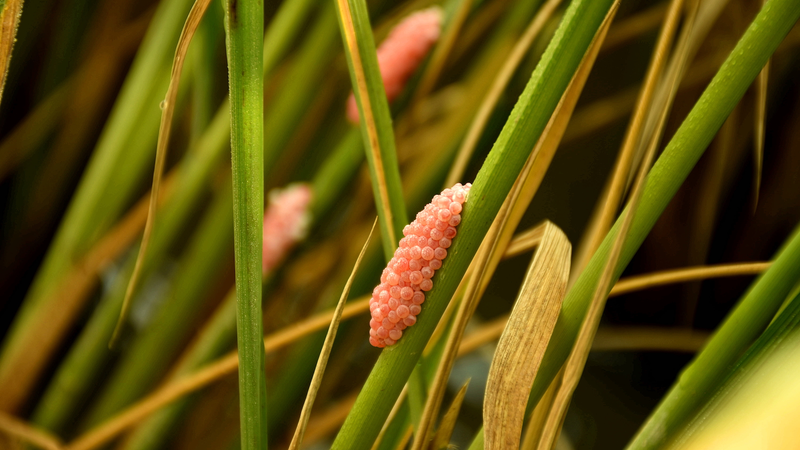Invasive weeds pose a major threat to ecosystems worldwide. A new study from Australia’s University of New South Wales (UNSW) sheds light on an unexpected twist in the battle against these botanical intruders: biocontrol may be making invasives stronger.
Biocontrol has long been heralded as a greener alternative to chemical herbicides. The idea: introduce insects or other natural enemies that specifically target harmful plants, reducing weed spread without harming native flora. But the latest UNSW research raises a red flag.
According to the study, instead of weakening invasive weeds, introduced insects could be triggering defensive cooperation among plants. By attacking from multiple angles—roots, stems, leaves—these 'natural enemies' might be pushing weeds to band together, forming tighter, more resilient clusters. The result? Invasive species that not only survive but thrive.
This surprising finding has big implications. For sustainability advocates and ecological researchers, it underscores the need for more nuanced strategies. Instead of a one-size-fits-all approach, the study calls for a deeper understanding of plant behavior and ecosystem dynamics before unleashing biocontrol agents.
For young entrepreneurs and innovators in the green tech space, the research highlights an opportunity: developing smarter, data-driven solutions that anticipate how invasive species adapt. And for travelers and digital nomads exploring wild landscapes, it’s a reminder that nature’s balance is fragile—and that well-meaning interventions can sometimes backfire.
As global communities seek sustainable ways to protect biodiversity, the UNSW findings urge caution and creativity. The fight against invasive weeds is far from over, and this new twist in the tale could shape the next wave of ecological innovation.
Reference(s):
cgtn.com


